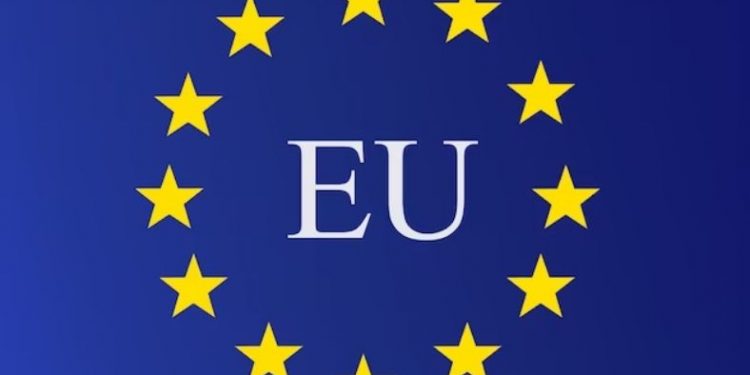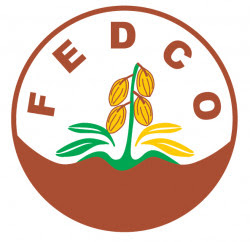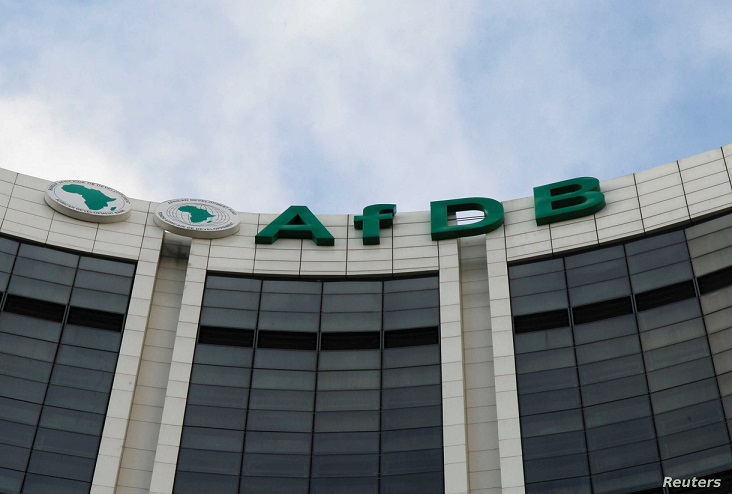The European Union has expanded its development cooperation with Nigeria through a N320.5 billion (€190 million) credit line aimed at increasing access to finance for the agricultural sector. The facility, provided by the European Investment Bank (EIB), will be channelled through Nigerian commercial banks to support lending across key agricultural value chains, particularly cocoa and dairy.
The announcement was made during a bilateral meeting between senior EIB executives and Nigeria’s Federal Ministry of Budget and Economic Planning, held on the sidelines of the Global Gateway Forum in Brussels.
According to Ms Thourayya Tricki, EIB Director for International Partnerships, the credit line is part of the EU’s broader strategy to strengthen climate-smart agricultural production and processing in Nigeria. She noted that the investment package is designed to enhance sustainability, competitiveness, and value addition within agri-food systems.
The facility will combine capital support with technical assistance to Development Finance Institutions (DFIs) and commercial banks, enabling them to scale their agricultural loan portfolios. It aims to bridge financing gaps that have long hindered smallholder farmers, agri-processors, and rural enterprises.
Nigeria is already benefiting from related EU interventions, including an €18 million technical assistance grant to enhance vaccine manufacturing regulation and a €50 million facility to expand credit for the pharmaceutical industry.
During the engagements, Nigerian officials highlighted ongoing economic reforms and the forthcoming National Development Plan (2026–2030), positioning them as frameworks for attracting sustainable investments and accelerating community development through the Ward-Based Development Programme.
The delegation also held high-level meetings with EU institutions including the Directorate of International Partnerships and the European Bank for Reconstruction and Development (EBRD), reinforcing Nigeria’s commitment to partnerships that promote digital transformation, green transition, and resilient infrastructure.
At the forum, European Commission President Ursula von der Leyen reaffirmed the EU’s commitment to equitable partnerships under the Global Gateway Strategy. She announced the expansion of the Global Gateway Investment Package to €400 billion and the establishment of an Investment Hub to fast-track project delivery, especially across Africa.
By directing substantial financing to agriculture, the EU’s latest facility is expected to stimulate rural economies, improve food supply chains, and create stronger opportunities for agribusinesses and small-scale farmers across Nigeria.










